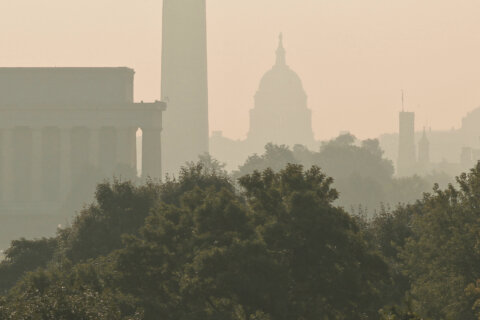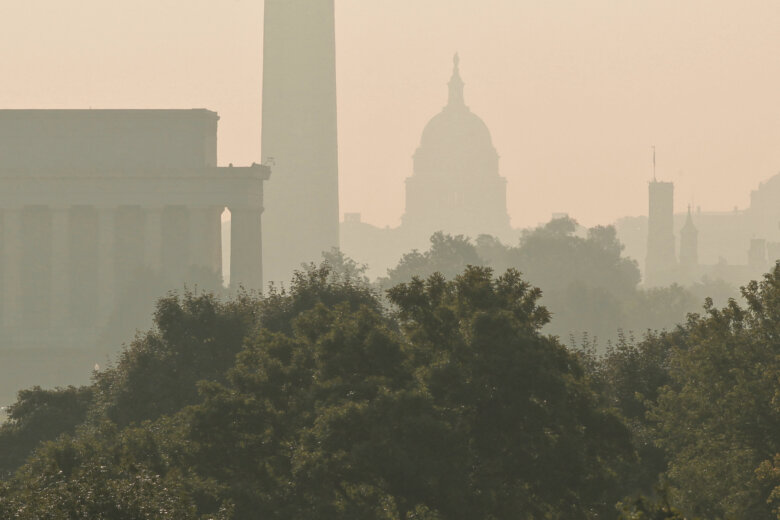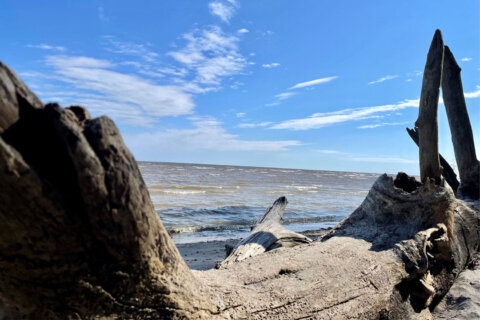
Air quality in the D.C. area continues to be an issue, according to a new report by the American Lung Association, with an expert saying climate change is an increasing problem.
The newly released State of the Air report by the American Lung Association, puts D.C., Maryland and Virginia, 20th for those most at risk for dangerous side effects from ozone pollution.
“Ozone pollution is clearly a problem here. It places the health of almost 10 million residents at risk including those who are more vulnerable to the effects of air pollution,” said Kevin Stewart, Director of Environmental Health, advocacy and public policy with the American Lung Association.
Stewart said Arlington, Virginia, and Anne Arundel, Harford and Prince George’s counties in Maryland, had the worst, or “F” grades. In good news, Fauquier and Frederick counties in Virginia had “A” grades, which mean they had no bad air days for ozone pollution.
“Climate change is having an increasing effect on air quality,” Stewart said.
The report looked at years 2016 through 2018.
Nationally, it found five in ten people live in counties with unhealthy ozone or particle pollution.
Tying the report in with the current pandemic, Stewart said these conditions could have a link to more people getting illnesses like the coronavirus.
“Standard studies have showed for years that air pollution exposure is linked to greater risk of respiratory infections and some very early evidence in this episode suggesting that exposure of air pollution may make people more vulnerable to COVID-19 infections and increase the risk of dying as a result,” Stewart said.
As far as tips for moving forward, Stewart said there are things everyone can do.
These include, not smoking indoors, reduce the number of fireplaces and wood burning stoves, do not use electricity that is not needed and make sure vehicle engines are properly tuned.









